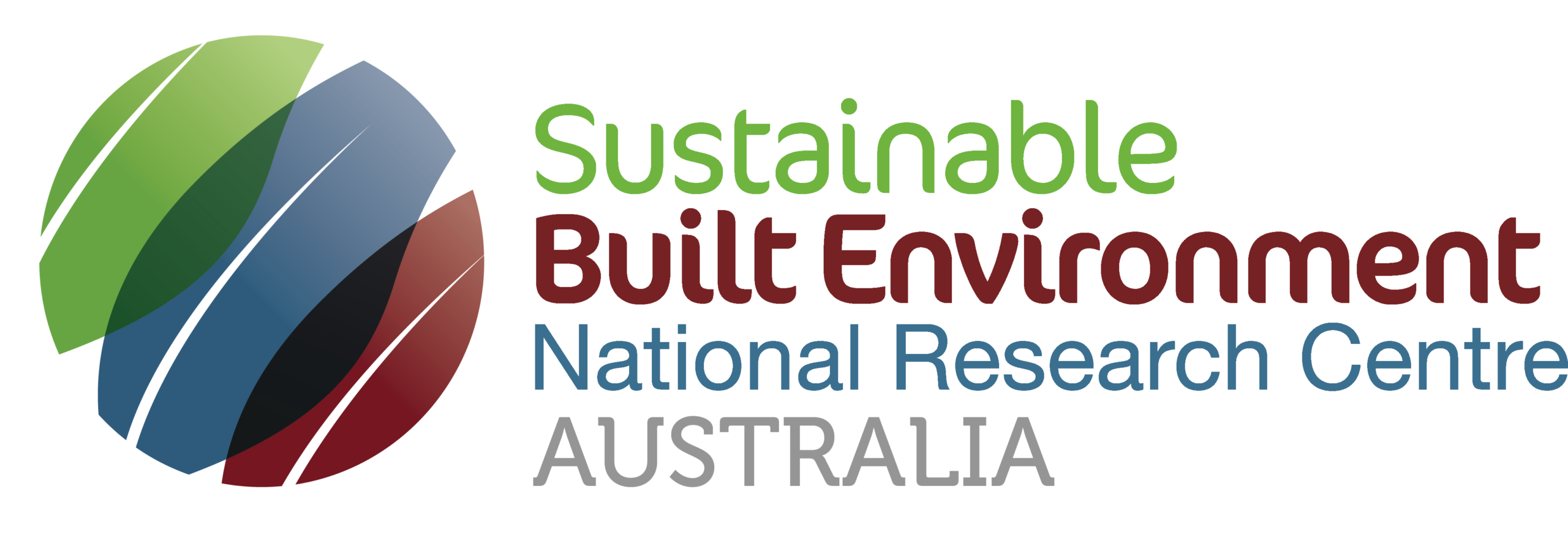
2.86 Developing Sustainable and Resilient Supply Chains

Project Number
2.86Round
Round 8Date
October 2021 - June 2023Research Team

Chair
Davina Rooney
BEng
CEO, Green Building Council of Australia
davina.rooney@gbca.org.au

Project Leader
Associate Professor Yingbin Feng
BEng MSc PhD
Western Sydney University
Y.Feng@westernsydney.edu.au
Documents for Downloading
Video
Full video – Developing Sustainable and Resilient Supply Chains (27 July 2023)
Media
Opinion: Feng, Y., Rooney, D., and Papastamoulis, V. Sustainable procurement: Buying into a more sustainable construction value chain. The Fifth Estate, 18 July 2022.
CIB World Building Congress 2022
CIB World Building Congress 2022 was held in Melbourne, Australia 27 – 30 June 2022.
· Shooshtarian, S., Le, T., Feng, Y. and Bettini, L. (2022). Analysis of sustainable procurement in supplying recycled content A case study in Western Australia, CIB World Building Congress 2022, Melbourne Australia.
· Rooney, D. (2022). Presentation – Partnering with research and industry presented at CIB World Building Congress 2022 (28 June 2022).
This project aims to develop sustainable and resilient construction supply chain capabilities, especially for SMEs in Australia to bridge the gap between supply chain capabilities and client expectations. The outcomes of this project will help Australian SMEs in the construction supply chain to build their sustainable and resilient capabilities and improve their competitiveness in participating in building and infrastructure projects. The improved supply chain capabilities will help the clients to achieve their sustainability goals in the long run.
Objectives
This project will offer an innovative approach for understanding and assessing the effectiveness and health of an organisation’s supply chains that are critical to achieve their sustainability and resilience goals. The specific objectives of this project are:
- To develop a capability maturity model (CMM) for sustainable and resilient supply chains.
- To demonstrate the application of CMM in assessing the sustainable and resilient supply chain capabilities.
- To examine the impact of client/government-driven initiatives and innovations on supply chain capabilities and performance.
- To propose strategies for enhancing supply chain sustainability and resilience for Australian SMEs and their clients.
Industry Outcomes
The key industry outcomes include;
- Helping organisations understand the characteristics of their supply chain, understand and prioritise opportunities for improvement, compare pre-initiative and post-initiative performance, validate the impact of government-driven initiatives on supply chain characteristics, ensure maximum benefit is achieved from their supply chain, and increase participation of regional and indigenous businesses in building and infrastructure projects.
- Case studies will be conducted to demonstrate how client-driven initiatives and innovations can drive sustainability, resilience and performance of their supply chain.
- The strategies for enhancing sustainable and resilient construction supply chain capabilities for Australian SMEs and increasing their participation in major building and infrastructure projects may provide useful guide for stakeholders in both public and private sectors to work collaboratively in building supply chain sustainability and resilience capabilities.











